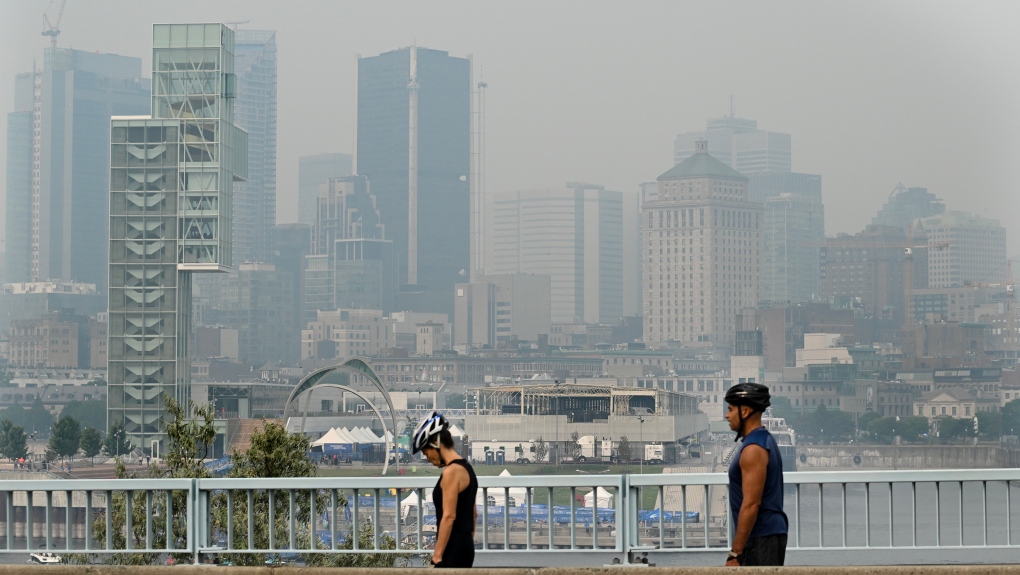
Introduction
As urbanization continues to rise, air quality has become a vital topic of discussion in cities around the world, including Montreal. The health and well-being of residents depend significantly on the air they breathe. In recent years, concerns related to pollution levels, climate change, and public health have intensified, making it more crucial than ever to address air quality. This article explores the current state of air quality in Montreal, highlighting recent events and initiatives aimed at improvement.
Current State of Air Quality in Montreal
Montreal’s air quality has fluctuated over recent years, primarily due to vehicle emissions, industrial activities, and seasonal factors such as forest fires. According to the Quebec Ministry of Environment and the Fight Against Climate Change, Montreal experienced a notable rise in particulate matter concentration during the summer months of 2023, exacerbated by increased wildfire activity across Canada.
In July 2023, air quality advisories were issued as levels of PM2.5 particles spiked, with measurements reaching levels considered “unhealthy” by Environment Canada. At this time, local health officials urged vulnerable populations, including children and those with respiratory conditions, to limit outdoor activities. Residents were encouraged to stay informed about the air quality index (AQI), which has become readily available through various digital platforms and apps.
Current Initiatives and Future Measures
In response to the worsening air quality, the Montreal City Council announced a series of measures designed to reduce emissions and improve urban air standards. Among these initiatives is the expansion of the city’s cycling infrastructure, promoting alternative transportation to decrease vehicular dependency. Furthermore, the introduction of stricter regulations for industrial emissions aims to hold businesses accountable for their environmental impact.
The city has also partnered with environmental organizations to launch awareness campaigns aimed at educating the public about the importance of reducing air pollution and how individual actions can contribute to cleaner air. These campaigns include promoting electric vehicles, carpooling, and public transport as sustainable alternatives.
Conclusion
The air quality in Montreal is a pressing concern that demands continuous attention from both authorities and citizens. The recent spike in pollution levels serves as a critical reminder of the impacts of urban activities on public health and the environment. Mitigating these issues requires concerted efforts through policy, community engagement, and individual actions. By prioritizing improvements in air quality now, Montreal can set a precedent for healthier living environments, enhancing the quality of life for all its residents. Continuous monitoring and proactive measures will be key to lasting improvements in Montreal’s air quality.



